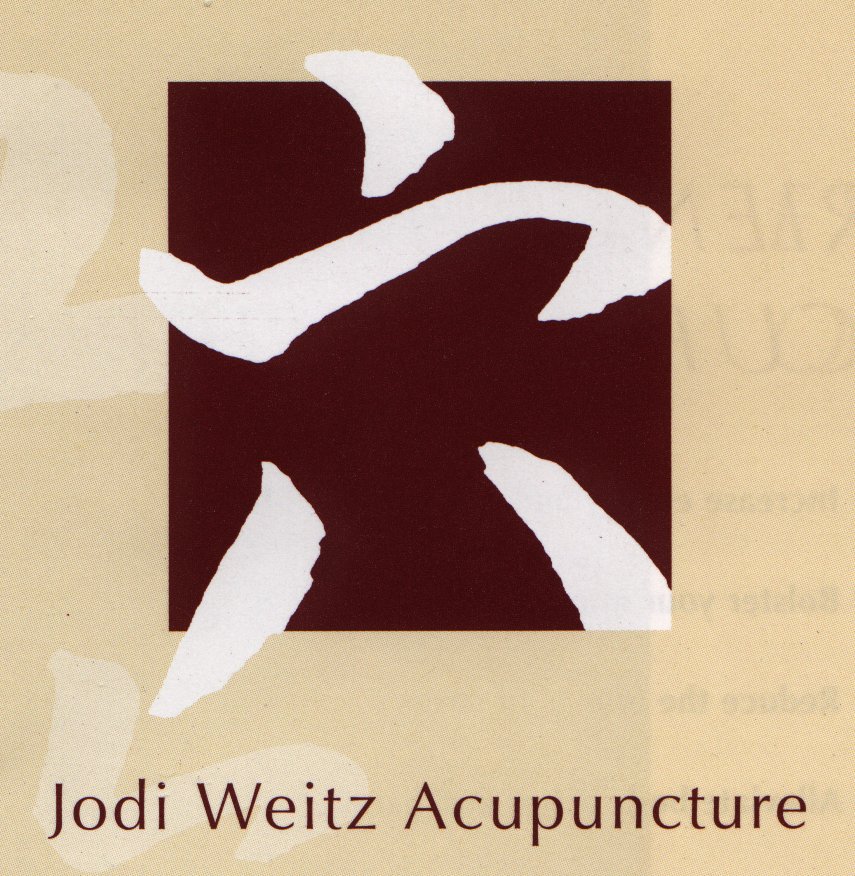New Year’s Day is just another day, similar to one that you lived in 2019. Making resolutions on this day and in early January are no different from making goals on any other day. Placing too much emphasis on achieving these goals immediately and it being a new beginning that will change your whole life is unrealistic.
That being said, it’s the beginning of the year and the decade. Beginnings make us take a closer look at our intentions and book mark the passage of time between the past and the future. The New Year brings to the forefront the opportunity to check in how our life has been fairing. We have the opportunity to make deliberate shifts to a new pattern or habit that may benefit our health and our lives.
Ask yourself these questions: Is there a change that you’d like to make? Do you want to let go of a habit that has taken away your vitality? Have you noticed that your muscles feel stiffer in the mornings and more stretching or a yoga practice could help solve this problem? What foods make you feel light or heavy? Are you feeling stress and overwhelm?
Here are four areas that may be worth taking a deeper look to boost your health.
1. Nutrition Up – Making changes to your diet may be the best way to see immediately benefits to your health and to increase energy. Try adding more fruits and vegetables to your meals. Remove processed food and lower your sugar intake. You can decrease symptoms such as bloating and digestive difficulties by reducing potential food that cause allergies, such as gluten or diary. The goal with a healthy diet is to have more energy, feel lighter and mentally clearer after meals and throughout the day.

2. Get Moving – Adding more movement, such as exercise and stretching, have a number of positive benefits to your health. Movement will help you control your weight, improve your mood, give you an energy lift and reduce heart disease. It will also help keep your thinking, learning, and judgment skills sharp as you age. Can you add more movement in your day by taking a 15 minute walk? Is there time to fit in a quick workout at lunch? More exercise can translate into a stronger system overall.

3. Ease Stress – Relieving anxiety and stress are the key to living each day with balance. It can help to eliminate unnecessary energy drain, reduce impatience and irritability, boost memory and focus, decrease your anger and stave off degenerative diseases like dementia and Alzheimer’s. If you are noticing that stress gets carried from one day to the next, then it’s time make more deliberate choices to reduce tension. You may need to set limits for yourself and build strong boundaries with others.
4. Build Connection – Friendships offer a number of health benefits, such as increased feelings of belonging, purpose, self-worth and confidence. It can also reduce anxiety and depression. When you are more connected to your community, whether it’s a volunteer group, hobbyists, church or business networks, levels of happiness, immunity and longevity are boosted.

Change-Making Tips:
- Break changes into smaller steps and accomplish those tasks daily
- It takes 21 or more days to transition to a new habit so give it time and patience – it will get easier after 3 weeks of consistent practice
- Clarify your most important change and start mapping out the steps to make it realistic and practical
- Take action or it will remain a “wish” instead of a “must have”

